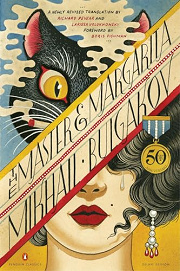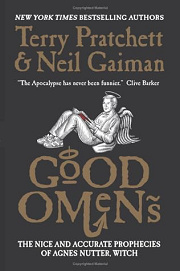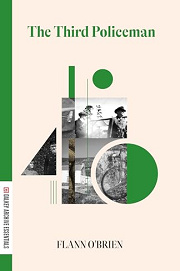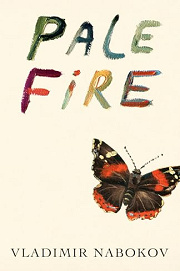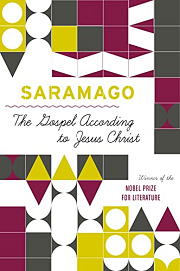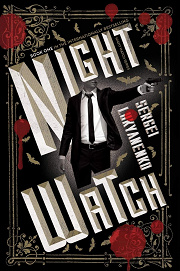Share your thoughts in a quick Shelf Talk!
The Master and Margarita by Mikhail Bulgakov
The Devil comes to Soviet Moscow with a riotous entourage—and somewhere between satire and sorcery, a love story unfurls its quiet miracle. Wild, witty, and unforgettable, The Master and Margarita dances across reality with a giant talking cat and a heart full of moonlight.
Have you read this book? Share what you liked (or didn’t), and we’ll use your answers to recommend your next favorite read!
Love The Master and Margarita but not sure what to read next?
These picks are popular with readers who enjoyed this book. Complete a quick Shelf Talk to get recommendations made just for you! Warning: possible spoilers for The Master and Margarita below.
In The Master and Margarita, did you enjoy ...
... irreverent, darkly comic satire of good, evil, and petty bureaucracy run amok?
Good Omens by Neil Gaiman & Terry Pratchett
If the chaos Woland unleashes on MASSOLIT—the vanishing cash, Behemoth’s gleeful hooliganism, the farcical theater debacles—made you grin, you’ll love how Good Omens skewers celestial and earthly red tape with the same impish energy. Like Satan’s Ball, the book delights in grand, blasphemously funny set-pieces; like Berlioz’s absurd fate, it turns doom into a punchline. You get scheming beings from beyond meddling in the mundane, but with genuine warmth beneath the snark.
... the surreal, deadpan plunge into a mischievous underworld where logic itself misbehaves?
The Third Policeman by Flann O'Brien
If Margarita’s moonlit flight over Moscow and the way reality elastically bends around Woland’s retinue thrilled you, The Third Policeman offers a similarly dreamlike slide into the bizarre. It has the same cool, straight-faced absurdity you felt when a giant black cat orders drinks and starts gunfights, or when ordinary streets become stages for metaphysical pranks. This is that uncanny laughter-in-the-dark tone, stretched into an unforgettable labyrinth.
... an embedded narrative that reframes everything as you toggle between texts and meanings?
Pale Fire by Vladimir Nabokov
If the interleaving of the Master’s Pilate manuscript with the Moscow chapters captivated you—how each layer comments on the other—Pale Fire doubles down on that pleasure. A poem and its commentary become dueling realities, much as Pilate and Yeshua’s story casts a moral light across Woland’s masquerade and Ivan’s unraveling. It’s a dazzling puzzle-box where the frame story keeps shifting under your feet.
... a provocative, human-centered reimagining of scripture that wrestles with fate, guilt, and grace?
The Gospel According to Jesus Christ by José Saramago
If the solemn, haunting chapters about Pontius Pilate and Yeshua moved you—the philosophical debates, the burden of judgment—Saramago’s novel offers that same fearless, intimate engagement with the sacred. Like Bulgakov’s Jerusalem sequences illuminating Woland’s Moscow, this retelling probes divinity and responsibility with empathy and bite, asking the kinds of questions that echo long after Satan’s Ball ends.
... supernatural forces maneuvering through everyday Moscow, hidden in plain sight?
Night Watch by Sergei Lukyanenko
If you loved how Woland’s entourage strolls down Tverskaya as if chaos were perfectly ordinary—and how ordinary Muscovites blunder into the uncanny—Night Watch takes that vibe and builds a shadow-bureaucracy of Light and Dark around it. Like Behemoth’s anarchic set-pieces and Margarita’s clandestine flight, the magic here seeps into apartments, metros, and offices, turning the city you know into a contested, nocturnal chessboard.
Unlock your personalized book recommendations! Just take a quick Shelf Talk for The Master and Margarita by Mikhail Bulgakov. It’s only a few questions and takes less than a minute.
